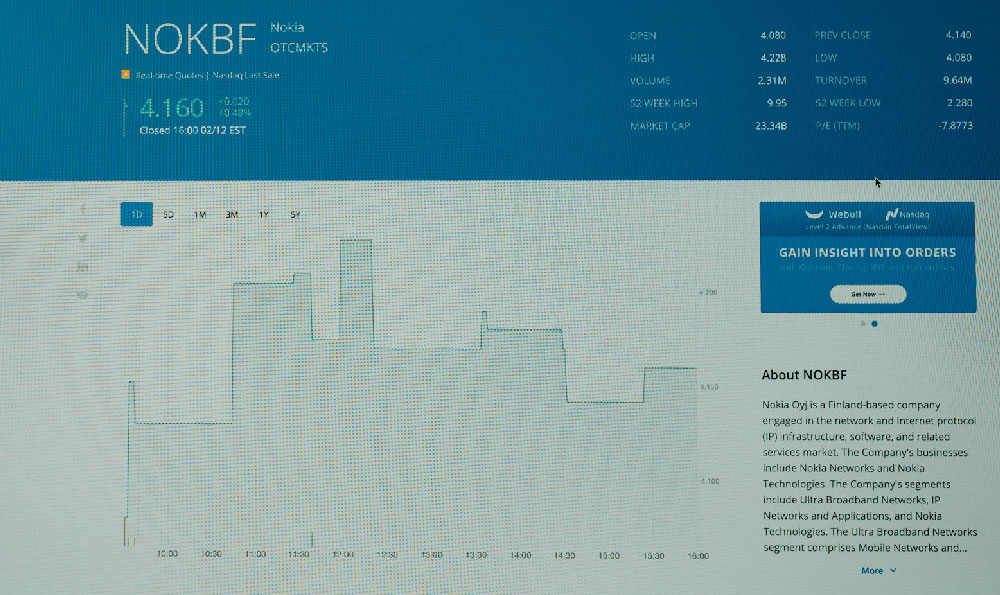The allure of a career in real estate, promising flexibility and potentially high earnings, often leads individuals to ponder the financial realities of being a real estate agent. How much can they truly earn annually, and what constitutes an average salary in this dynamic and competitive field? The answers are multifaceted, influenced by a complex interplay of factors that extend far beyond simply closing deals.
Understanding the income potential of a real estate agent requires acknowledging the commission-based structure that largely defines their compensation. Unlike traditional salaried positions, agents typically earn a percentage of the sale price of a property, divided between the listing agent (representing the seller) and the buyer's agent. This commission, usually ranging from 5% to 6% of the property's sale price, is then further split between the agent and their brokerage, with the brokerage retaining a portion to cover overhead costs, marketing expenses, and other operational necessities. The specific percentage split between the agent and brokerage varies widely depending on the agent's experience, sales volume, and the brokerage's policies. Newer agents often start with a lower split, while more seasoned and productive agents can negotiate more favorable terms.
Therefore, an agent's annual earnings are directly proportional to the volume and value of the transactions they successfully complete. A real estate agent in a bustling metropolitan area with high property values will naturally have a greater earning potential compared to an agent operating in a rural market with lower average home prices. Market conditions also play a significant role. During periods of strong economic growth and high demand for housing, real estate agents tend to thrive. Conversely, economic downturns and periods of market stagnation can significantly impact their income. Interest rates, consumer confidence, and overall economic indicators all contribute to the fluctuating nature of the real estate market and, consequently, the income of real estate professionals.

Beyond market forces, an individual agent's capabilities and efforts are crucial determinants of their financial success. Effective marketing and networking skills are paramount to generating leads and building a client base. Agents must be adept at using various marketing channels, including online advertising, social media, and traditional methods like open houses and print advertising. Building strong relationships with clients, understanding their needs, and providing exceptional customer service are essential for earning repeat business and referrals, which form the bedrock of a successful real estate practice.
Furthermore, agents who specialize in specific niches within the real estate market often command higher earning potential. For instance, agents specializing in luxury real estate, commercial properties, or investment properties may handle fewer transactions but with significantly higher commission values. Specialization requires developing expertise in a particular area, understanding its unique dynamics, and cultivating relationships with clients and professionals within that niche. This focused approach can differentiate an agent from the competition and attract high-value clients.
The "average salary" for a real estate agent is a somewhat elusive figure, as it's heavily influenced by the factors already mentioned. National averages can provide a general benchmark, but they often mask the significant variations that exist across different geographic locations and experience levels. Data from sources like the Bureau of Labor Statistics (BLS) and real estate industry associations offer insights into national earning trends, but it's crucial to interpret these figures with caution and consider the context in which they were collected. These statistics often lump together both full-time and part-time agents, which can skew the overall average downward. Moreover, many real estate agents work as independent contractors, meaning they are responsible for their own taxes, health insurance, and other expenses, which further impacts their net earnings.
To gain a more accurate understanding of earning potential, it's beneficial to research local market data and network with experienced agents in the desired area. Local real estate boards and brokerages often have information on average sales prices, commission rates, and agent earnings within their specific market. Speaking directly with established agents can provide valuable insights into the realities of the profession and the strategies for achieving financial success. Asking about their typical commission splits, marketing expenses, and client acquisition methods can offer a realistic picture of the financial aspects of the career.
In conclusion, while the potential for high earnings exists in real estate, it's important to recognize that success is not guaranteed. It requires hard work, dedication, strong sales and marketing skills, and a deep understanding of the local market. The "average salary" serves as a general guideline, but individual earnings are ultimately determined by a complex interplay of market conditions, personal capabilities, and strategic business decisions. Prospective agents should carefully research their local market, develop a solid business plan, and be prepared to invest time and effort into building a successful real estate career.












